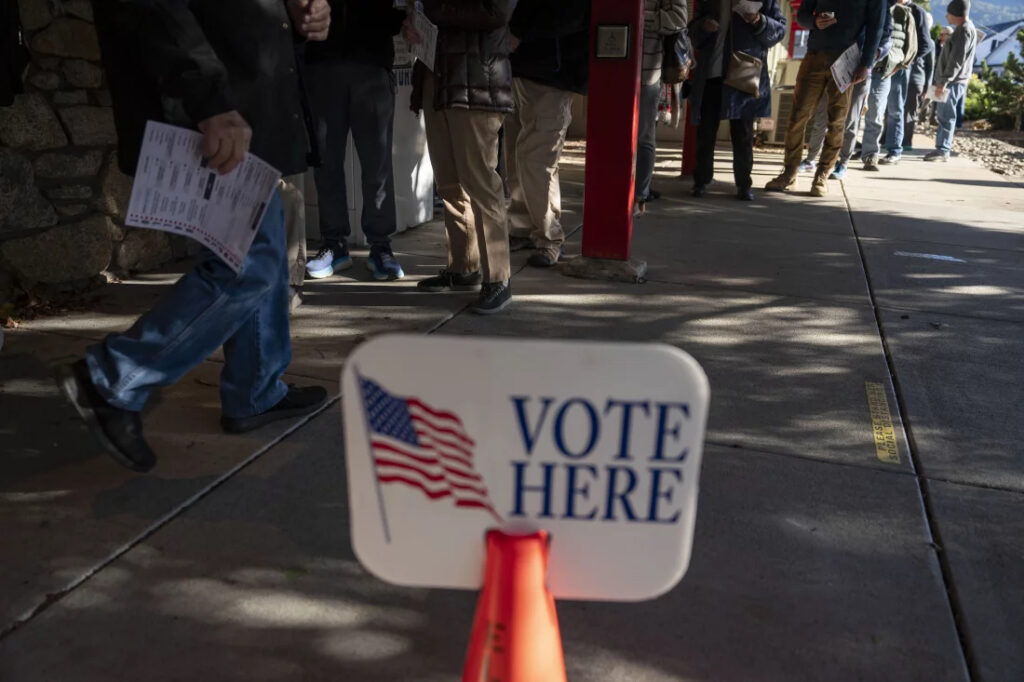
A federal appeals court will soon decide on the future of voting restoration in Tennessee.
The Sixth Circuit Court heard arguments Tuesday on whether the state’s policies have unfairly disenfranchised Tennesseans with prior felony convictions.
The states’ NAACP sued on behalf of five voters in 2020, accusing Tennessee officials of wrongly denying those with past felony convictions the right to vote.
Since then, state election officials have begun requiring that potential voters restore their right to own a firearm in order to restore their right to vote. Advocates have argued that makes voting impossible for many people who otherwise would’ve been eligible, since many felony convictions come with a lifetime ban on gun ownership.
Local judges have restored the voting rights of several petitioners, despite appeals from the state.
The state defended the policy before the Sixth Circuit, arguing that it’s necessary to help distinguish between eligible and non-eligible voters. The state also said that the NAACP does not have standing to sue.
“Tennessee takes away the right to vote because of felony convictions from nearly half a million people,” Blair Bowie of the Campaign Legal Center said in an interview with WPLN News. “If people are able to make it through that rights restoration process, they even still face additional hurdles with registering to vote even when they are fully eligible.” I
One voter represented by the NAACP and the Campaign Legal Center was able to restore her voting rights. But when she moved counties, the state rejected her registration application because she needed documentation from the previous county that she could vote.
Bowie said the state doesn’t need that documentation because it already has a voter’s history.
“They may be subjected to different rights restoration procedures than the ones that existed at the time that they got their voting rights restored. That may be more difficult, more complicated, and they may not be able to navigate the new process,” Bowie said.
Nearly 475,000 Tennesseans are unable to vote because of past felony convictions. The state has the highest percentage of disenfranchised voters in the country, with nearly 7.7% of the eligible voting population unable to cast a ballot, according to the Sentencing Project. The same data shows that Tennessee also has the highest rate of disenfranchised Black voters.

